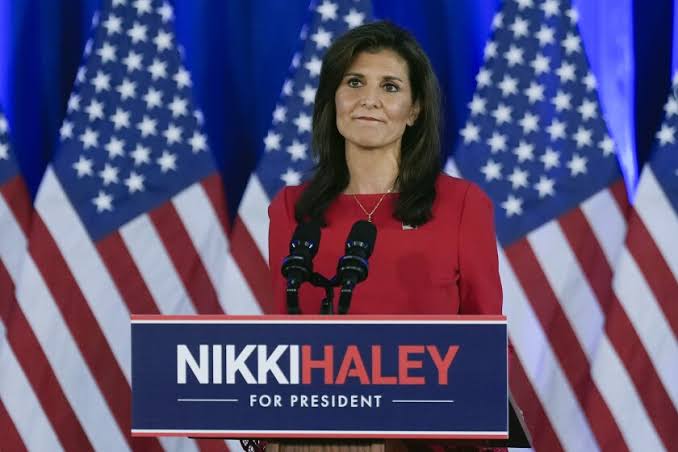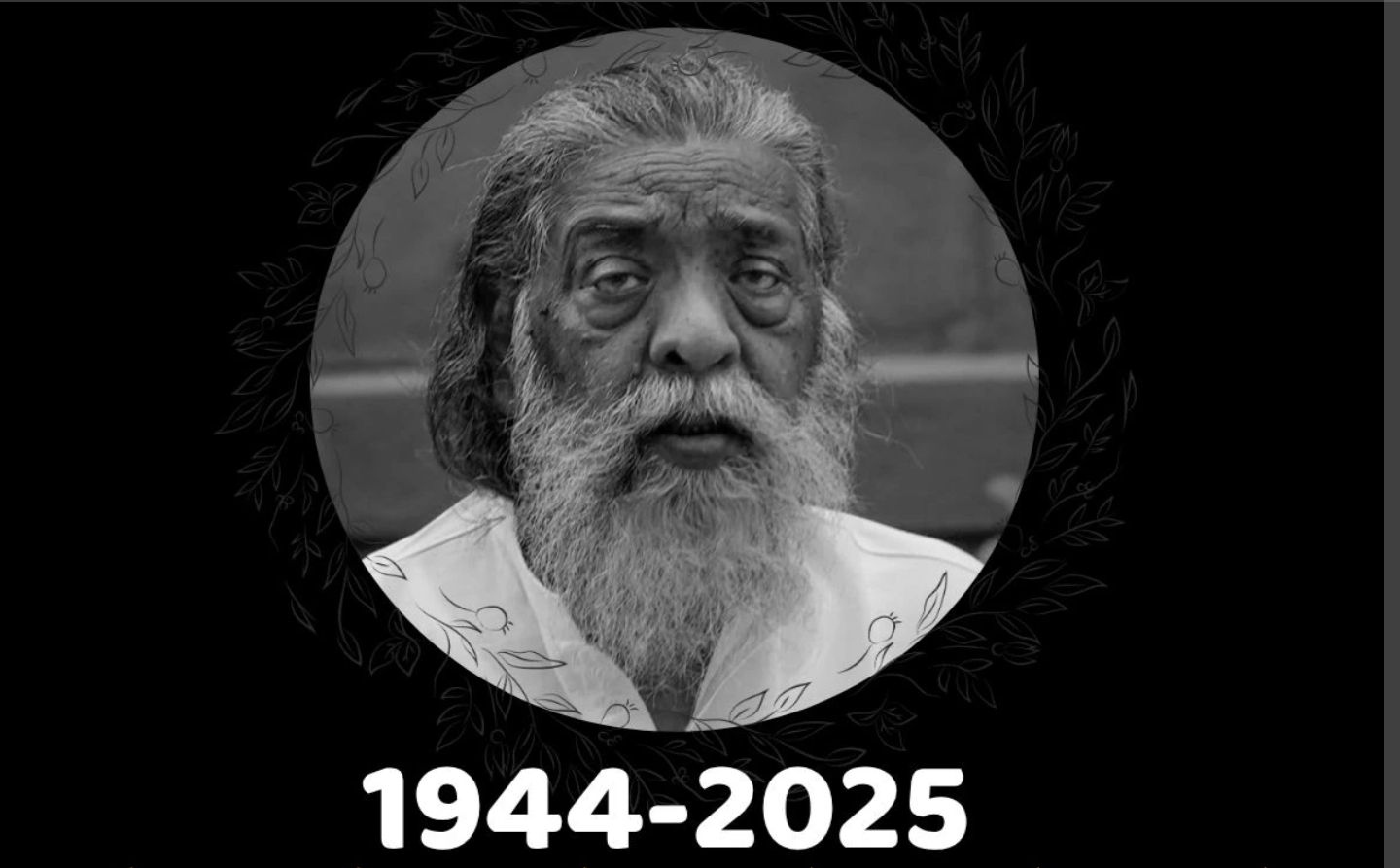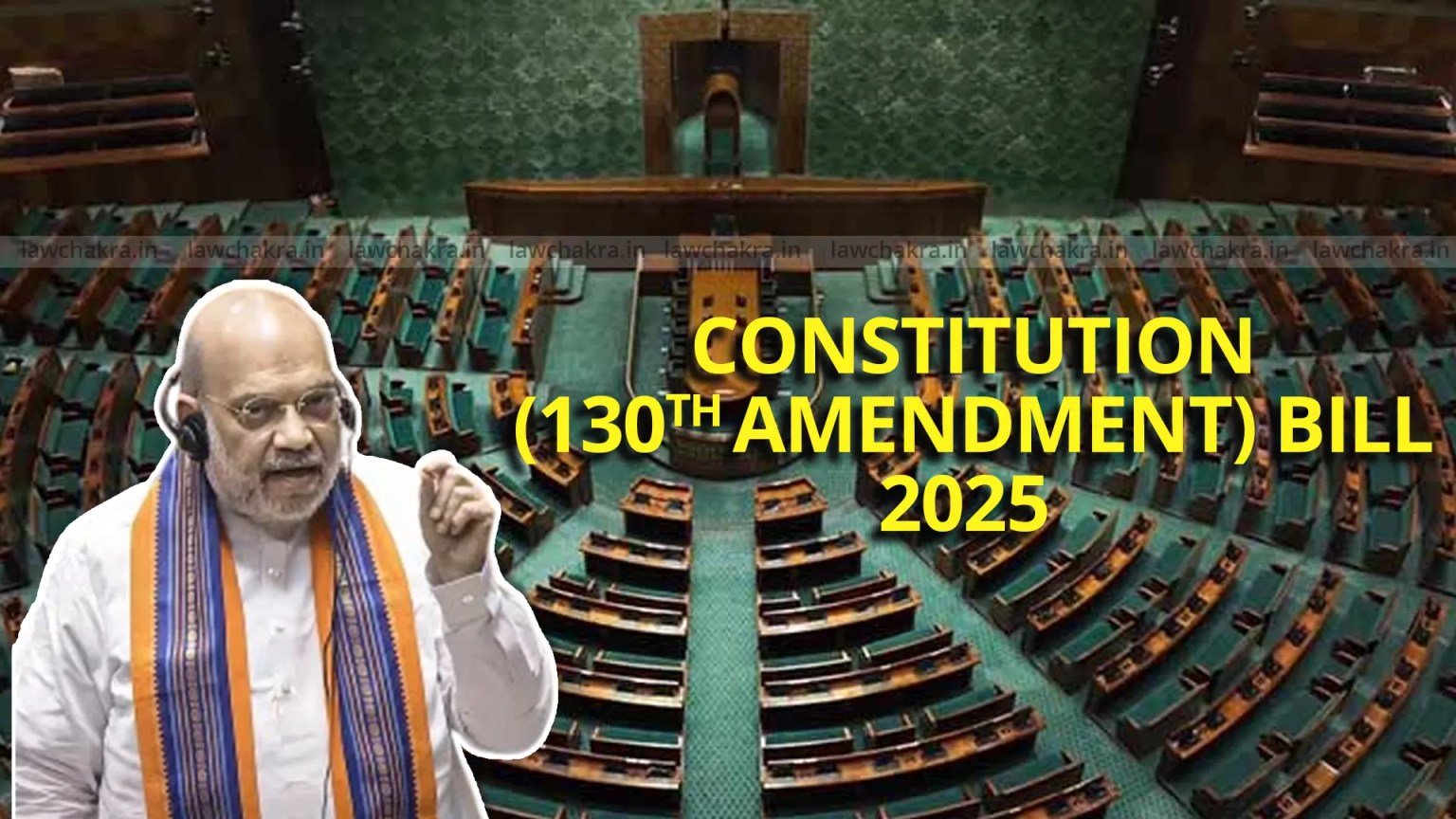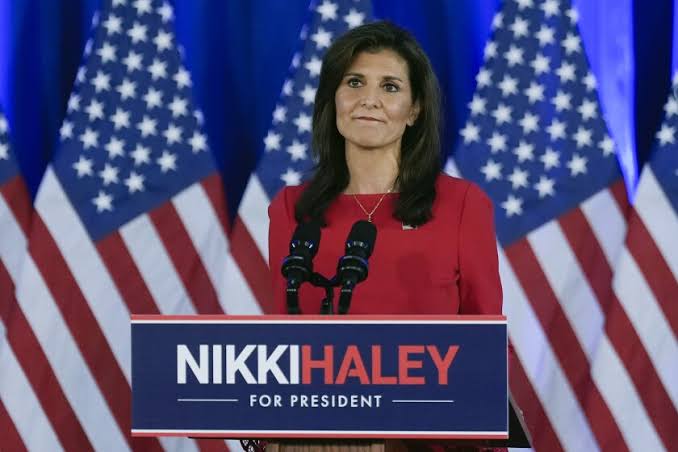What the New U.S. “good moral character” Test Means: History, Global Context, and the Debate Ahead!

‘Privilege, Not a Right’
Calling U.S. citizenship a “gold standard” to be “reserved for the world’s best of the best,” the Trump administration has unveiled a policy change that tightens how immigration officers decide who qualifies to naturalize. At the center is a familiar legal phrase—good moral character (GMC)—that dates to the earliest days of American naturalization law, now broadened into a sweeping, holistic review of an applicant’s behavior, values, and community ties.
The shift arrives via a new USCIS policy memorandum dated Aug. 15, 2025, which directs officers to apply a more expansive assessment of character—one that weighs positive contributions such as volunteerism and steady work alongside disqualifying conduct and “unlawful acts.” The memo frames this as a “totality of circumstances” approach that both heightens scrutiny and increases the weight of favorable equities in close cases.
While officials argue the change will protect the integrity of citizenship, immigrant advocates warn that the fuzzier the standard, the more subjective—and potentially unequal—the outcomes may become.
Early press reporting also indicates the administration has authorized vetting for “anti-American ideologies or activities,” expanding officers’ discretion to examine expressive conduct and affiliations as part of the character review, a move critics say risks chilling speech.
Below, we unpack what’s changed, how GMC has evolved across U.S. history, where America now sits relative to peer democracies, and why civil society is bracing for a fight over the meaning of “character” in a pluralistic society.
What Changed in August 2025
The USCIS memo re-emphasizes a holistic GMC framework: officers must consider the statutory and regulatory bars (such as certain crimes, false testimony, and controlled-substance violations) and weigh positive equities like rehabilitation, service, and community standing. It signals “greater scrutiny of disqualifying behavior and action,” coupled with “greater emphasis on positive attributes or contributions.” In practice, that means more documentation requests and more narrative evidence—letters from employers, faith leaders, teachers, and civic groups—to demonstrate a sustained pattern of lawful, constructive conduct.
This guidance sits on top of existing law: the Immigration and Nationality Act (INA) and its implementing regulation, 8 C.F.R. § 316.10, which already require GMC during the statutory period (usually the five years before filing, or three for spouses of U.S. citizens), allow officers to look beyond that period when past conduct is probative, and list mandatory and conditional bars (from murder and aggravated felonies to certain “unlawful acts,” false testimony, and controlled-substance offenses).
Separately, contemporaneous reporting describes new vetting for “anti-American” ideology in the broader screening pipeline—policy terrain that is legally and constitutionally sensitive because it touches expressive conduct and association. (USCIS’s public-facing memo anchors itself in the INA’s character clauses; press accounts suggest parallel guidance on ideology screening.)
The Long Arc of ‘Good Moral Character’ Under Naturalisation Act of 1790
America’s first naturalization statute restricted citizenship to “free white persons,” embedding a racial boundary around membership. Over time, Congress incrementally widened the circle—extending eligibility to people of African descent in 1870 and, crucially, eliminating racial bars in the mid-20th century.
McCarran–Walter (INA) of 1952
The INA consolidated the statutory framework that still governs naturalization, abolishing the last racial restrictions on naturalization while preserving the national-origins quota system (later struck down in 1965). It codified the GMC requirement, laying the foundation for today’s character analysis.
Hart–Celler Act of 1965
This landmark reform ended the national-origins quotas and replaced them with preference categories centered on family reunification and skills—transforming the demographics of immigration and, in time, naturalization. The GMC clause endured, but in a far more inclusive system.
Modern Era!
The details of what counts toward or against GMC have ebbed and flowed through policy memos and court decisions. For example, in 2019 USCIS expanded guidance on “unlawful acts” that could bar GMC, such as certain controlled-substance violations (even in states with legalized marijuana), reinforcing that federal law governs. The agency also adjusted the civics test in 2020 and reverted to the 2008 version in 2021, illustrating how naturalization standards are periodically recalibrated.
The 2025 memo doesn’t rewrite the INA; rather, it reframes how officers weigh the evidence—and, according to critics, opens the door to broader, more subjective judgments in close cases.
How Does the U.S. Compare with Peer Democracies?
Canada: Applicants generally must have 3 years of physical presence in the last 5 years, prove language ability (English or French), pass a knowledge test, and meet a conduct/character standard. Canada’s guidance highlights tax compliance and allows certain criminal issues to bar eligibility, but the residency clock and tax-filing requirements create a concrete baseline.
United Kingdom: Naturalization typically follows five years’ residence plus Indefinite Leave to Remain (or three years if married to a British citizen). The Home Office’s “good character” requirement is formalized in detailed guidance that looks at criminality, immigration breaches, deception, financial soundness (like bankruptcy and tax issues), and community conduct. Applicants must also pass the Life in the UK Test and meet English-language standards.
Australia: The “good character” requirement is explicit and far-reaching; officials look to the “enduring moral qualities” of the applicant, with police clearances and overseas penal checks common. Standard residence rules require four years lawful stay (including 12 months as a permanent resident), along with a citizenship test and language criteria.
Germany. A major 2024 reform reduced the residency requirement to five years (or even less with exceptional integration) and ended most restrictions on dual citizenship. Germany still tests for integration (language proficiency, civics) and demands that applicants uphold constitutional values; the new framework underscores both openness and adherence to democratic norms.
Key Takeaways!
Many democracies do screen for character, but the level of discretion varies. The U.S. now appears to be moving toward greater officer discretion within a holistic test, closer to the UK’s structured “good character” guidance—though the U.S. blend of statutory bars plus broad officer latitude remains relatively distinctive.
Why supporters say tighter character screening is needed
Supporters argue that citizenship is not an automatic entitlement but a profound civic commitment warranting careful gatekeeping. The 2025 USCIS memo leans into that ethos by instructing officers to consider both positive and negative evidence—for example, sustained employment, caregiving, community service, and tax compliance on the plus side; patterns of unlawful acts, fraud, or deceit on the minus side. Proponents say this approach rewards assimilation and civic contribution while filtering out applicants who flout the law or democratic values.
Some legal commentators also note that a clearer record of rehabilitation—documented treatment, restitution, or community endorsements—may carry more weight under the holistic test than under a checklist approach, potentially helping applicants with dated offenses who can show sustained reform. (This is an inference from the memo’s emphasis on “totality of circumstances” and equitable factors.)
Why Critics are Alarmed?
Immigrant rights groups, civil-liberties advocates, and many immigration lawyers raise three main concerns:
1. Subjectivity and inconsistency: The broader the definition of “character,” the more room there is for uneven outcomes across field offices and individual adjudicators. Scholars have long criticized GMC as overbroad and prone to importing criminal-legal inequities into naturalization decisions.
2. Speech and association risks: Reports that officers may vet applicants for “anti-American ideologies or activities” alarm First Amendment advocates, who warn that vague criteria can be used to penalize lawful political views, online speech, or guilt-by-association—particularly for Muslims and other stigmatized groups. Policy discretion around “unlawful acts” and “false testimony” has been used aggressively in the past, they add.
3. Hidden traps in federal–state conflicts: Even where states legalize certain conduct (notably marijuana), federal law still controls the GMC analysis. Advocacy groups point to cases in which otherwise eligible residents were denied for federal controlled-substance violations that were perfectly lawful under state law. The 2025 memo doesn’t resolve those tensions.
Organizations like the American Immigration Council emphasize that naturalization already requires extensive vetting—continuous residence, English and civics, background checks, and fees—arguing that adding amorphous character screens can deter eligible green-card holders from applying and reduce overall integration.
Practical Implications for Applicants
Expect more paperwork. Under a holistic framework, evidencing positive equities matters. Applicants may wish to compile tax transcripts, employment records, proof of caregiving, volunteer logs, awards, and letters from community leaders attesting to character and contributions. (USCIS’s memo explicitly invites a totality-of-circumstances presentation.)
Scrutinize “unlawful acts.” Some conduct that never led to conviction can still be conditionally disqualifying if it reflects adversely on character.
The regulation allows officers to consider probation and conduct outside the five-year window if it sheds light on present character. Obtaining certified court records, expungements, and—where relevant—evidence of rehabilitation can be decisive.
While the 2008 test remains the default (after the brief 2020 change and 2021 reversion), some answers change with elections—USCIS maintains an update page applicants should check before interviews.
Consider legal counsel for edge cases. Given the policy’s discretion and the stakes—citizenship or not—applicants with criminal history, prior immigration issues, or complex facts often benefit from tailored legal advice. (This is practical guidance; not legal advice.)
Politics of Belonging
Naturalization sits at the nexus of identity, sovereignty, and democracy. Historically, the U.S. has oscillated between inclusion and exclusion: from the racial bars of 1790, to the INA’s mid-century consolidation, to the 1965 reforms that erased national-origins quotas. Each era reimagined who “we” are—and who gets to join us.
The 2025 character memo and the reported ideology screening bring that perennial debate into sharp relief. Proponents see a principled stand for shared civic values. Opponents see a slippery slope toward arbitrary denials and a politicization of speech. How courts interpret the outer bounds of the INA’s character clauses—and how consistently officers apply them—will shape the real-world impact far more than rhetoric.
How the U.S. Now Stacks Up
On residency and testing, the U.S. is broadly in line with peers (five-year GMC window, English and civics tests). Where it may now diverge is in the breadth of officer discretion tied to character and ideology—somewhere between the UK’s detailed “good character” guidance and Australia’s wide-ranging character test, but with distinctive American flashpoints (federal–state law conflicts, First Amendment considerations).
Meanwhile, countries like Germany have moved to liberalize access (shorter residency, dual citizenship), reflecting labor-market needs and an integration-first strategy.
The administration’s message is clear: citizenship is a privilege, not a right. The law has always demanded good moral character, but how that character is judged can expand or shrink the doorway to the American community. The 2025 shift puts more power in the hands of adjudicators—and more pressure on applicants to document their lives as not just law-abiding, but civically constructive.
Whether this improves the integrity of the process or chills participation and introduces bias will depend on implementation, transparency, and oversight in the months ahead. For would-be citizens, the safest course is also the simplest: prepare early, tell a complete story, and bring receipts—of taxes paid, help given, promises kept.
(Author is PhD from the School of International Studies, JNU.)

 3 weeks ago
3 weeks ago











[[comment.comment_text]]